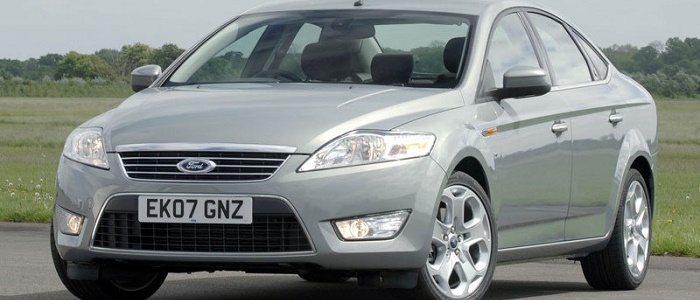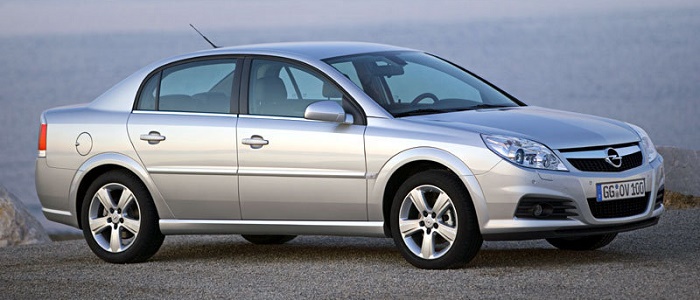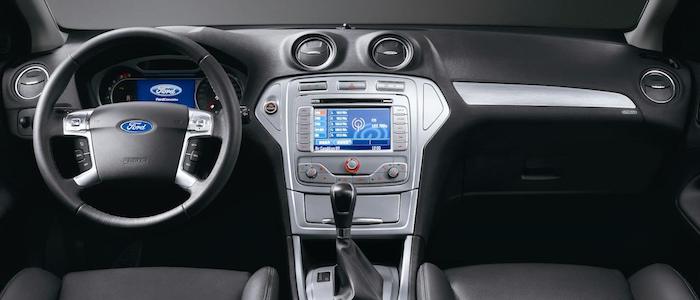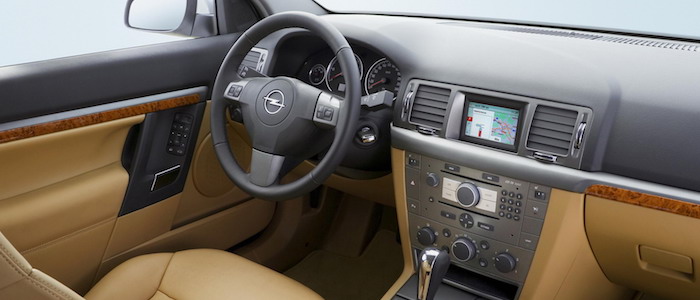Compare two cars
Compare any two cars and get our Virtual Adviser™ opinion
Dimensons & Outlines
Check vehicle history
Engine
2.0 DW10 BTED4 / RHR
Performance (manual gearbox)
Performance (automatic gearbox)
Expenses
Virtual Adviser's™ opinion
Well, these are two pretty similar cars we have here! It's only details that could potentially make the difference. Considering they both belong to the large family car segment and utilize the same 4-door sedan body style and the front wheel drive system, it all comes up to the specific diesel engine choice they offer. The first one has a Peugeot-engineered powertrain under the hood, a 4-cylinder, 16-valves 140hp unit, while the other one gets its power and torque from a 4-cylinder, 16-valves 150hp engine designed by FIAT.
SafetyThe first thing to look into here would be the results from European New Car Assessment Programme (Euro NCAP) tests performed on the two cars. Good thing is that both vehicles got tested, with the Ford being a slightly better choice apparently. Moving further on, let's take a closer look at some additional safety-related facts. Both vehicles belong to the large family car segment, which is generally a good thing safety-wise, but it doesn't do much to help us decide between the two. Furthermore, if we'd like to consider vehicle mass in this context too, which we definitely should, the American car offers a marginal difference of 2% more metal.
ReliabilityManufacturers have been building their reliability reputation for decades now and, generally speaking, it appears that Ford does have a slight advantage, at least on all of the models level. These are the results of an independent reasearch, while our visitors describe reliability of Ford with an average rating of 4.4, and models under the Opel badge with 4.2 out of 5. The same official information place Mondeo as average reliability-wise, and Vectra is more or less at the same level.Above it all, drivers of cars with the same engine as the American car rank it on average as 4.8, while the one under the competitor's bonnet gets 4.2 out of 5.
Performance & Fuel economyFord is a bit more agile, reaching 100km/h in 0.3 seconds less than its competitor. Still, it lacks the power to win the top speed competition, topping at 210 kilometers per hour, 7km/h less than the other car. When it comes to fuel economy things look pretty much the same for both cars, averaging around 5.6 liters of fuel per 100 kilometers (51 mpg), in combined cycle.
Verdict
Ford appears just a bit more reliable, although the difference is truly marginal. The most important thing when deciding between any two vehicles should always be safety, both passive and active. In my opinion, everything taken into account, the American car offers much better overall protection, which launches it ahead of the other contender. When it comes to performance, both vehicles provide similar experience, so I wouldn't point any of them out. the American car still consumps less fuel, which needs to be taken into consideration. All together, there's not much more to say, in this case I wouldn't even consider anything but Ford. Nevertheless, let's not forget that people have different preferences and needs, so what really counts is your personal feel. I'm only here to help. Also, you could use the oportunity to find out which car, everything taken into account, would be the perfect choice for you in the eyes of the virtual adviser™, among more than 12.000 different ones in our database.



































